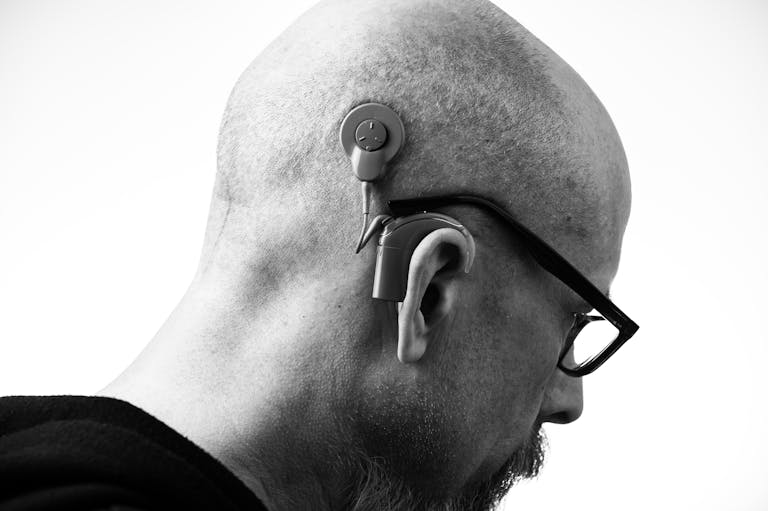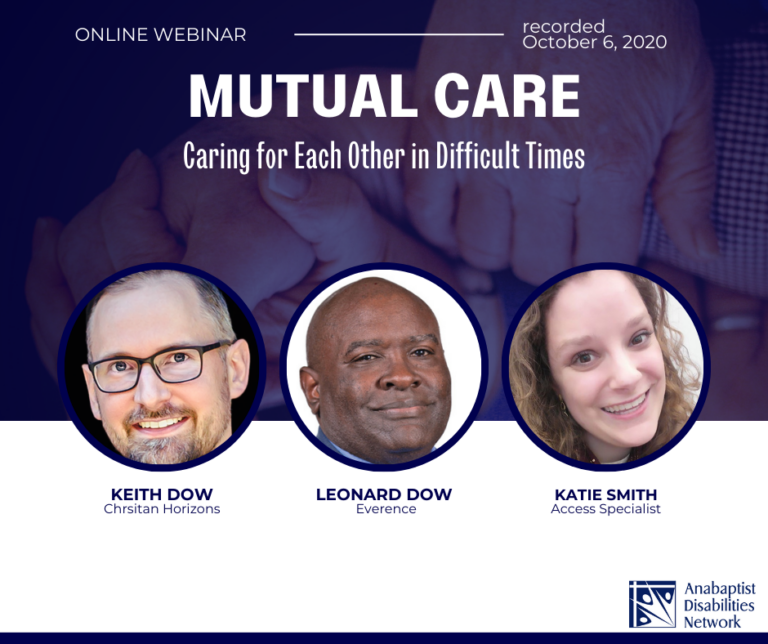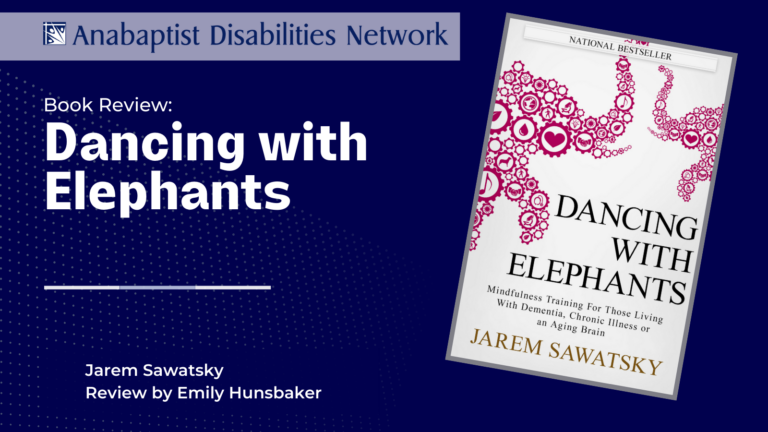Book Review: Deaf Ministry
In Deaf Ministry: Ministry Models for Expanding the Kingdom of God, Leo Yates offers a plethora of suggestions, examples and ideas, worth the investment for anyone engaged in or seriously considering any aspect of Deaf Ministry.
Yates begins by introducing his readers to the term Deaf Ministry (Chapter 1). Here the writer presents the intricacies of the seemingly simply word deaf. He gives consideration to the terms hearing loss, Deaf Culture, Audism and American Sign Language to name a few. He also considers the meaning of the word ministry. He writes, “By virtue of our baptism, we are all ministers, in whom the apostle Peter shared with the Early Church, calling us a priesthood of all believers.” This definition will be especially appealing to those readers who, like this reviewer, identify with an Anabaptist denomination that values “priesthood of all believers” theology.
The introductory chapter is then followed by the focus of the book, in the author’s words, “an overview of several common types of ministries.” Specifically, it provides the reader with individual chapter descriptions of seven Deaf Ministry models. Examples of these models include the Deaf Church, an Interpreted Ministry, a Multi-Culture Church, and a Deaf-blind Ministry. One caution for readers: As someone who has been involved with Deaf Ministries for over 30 years, I would describe the book as a thorough description, rather than an “overview.”
Each of the next seven chapters includes a description of a particular model, comments by the author, advantages and disadvantages of the model, a summary conclusion, case studies and questions for reflection. The remaining two chapters of the book provide an overview of disability ministry and suggestions for starting a Deaf Ministry.
In addition to information, Yates offers the reader an unexpected and appreciated surprise in the Case Studies and Questions for Reflection. The case studies make for interesting reading after the somewhat dry lists detailing each model. Yates has carefully included examples from various denominations across the United States including Lutheran, Methodist, Assemblies, independent groups, and yes, even a Mennonite church.
The Questions for Reflection add a unique tool readers can use to evaluate and strengthen their own ministries. A few examples of the questions: “Where do you see Christ in the Deaf community? How might your church incorporate an interpreter? What hope can you share with those who are losing their hearing plus their vision? Are there any Deaf ministries in your community that your church can collaborate with and/or support?”
The attention to particulars and sheer amount of information may overwhelm some readers. These specifics are most evident in Chapter Three, “Overview of an Interpreted Ministry.” It includes details such as the “History of RID” [Registry of Interpreters for the Deaf], “Logistics for Interpreter Placement,” “Interpreting in a Religious Setting Standard Practice Paper from RID,” “Linguistic Expansion,” and an “Example of Team Communication.” These specific descriptions seem to assume the reader has knowledge of the interpreting profession, linguistics of English and of ASL (American Sign Language) – too much information for the average reader looking for an overview.
Yates is uniquely qualified to share these details, however. He is certified as an interpreter through the national Registry of Interpreters for the Deaf (RID) having helped to write the Standard Practice Paper mentioned above. He also holds an MA in Divinity as well as an MA in Clinical Counseling. Last, he brings personal, life experiences to the topic having been raised as a Child of Deaf Adults (CODA). He is to be commended for providing readers with a single book in which to learn a great deal about these many ministry models.
Deaf Ministry: Ministry Models for Expanding the Kingdom of God. Leo Yates, Jr. (Create Space, Inc., 2015). Purchase book from Amazon.








